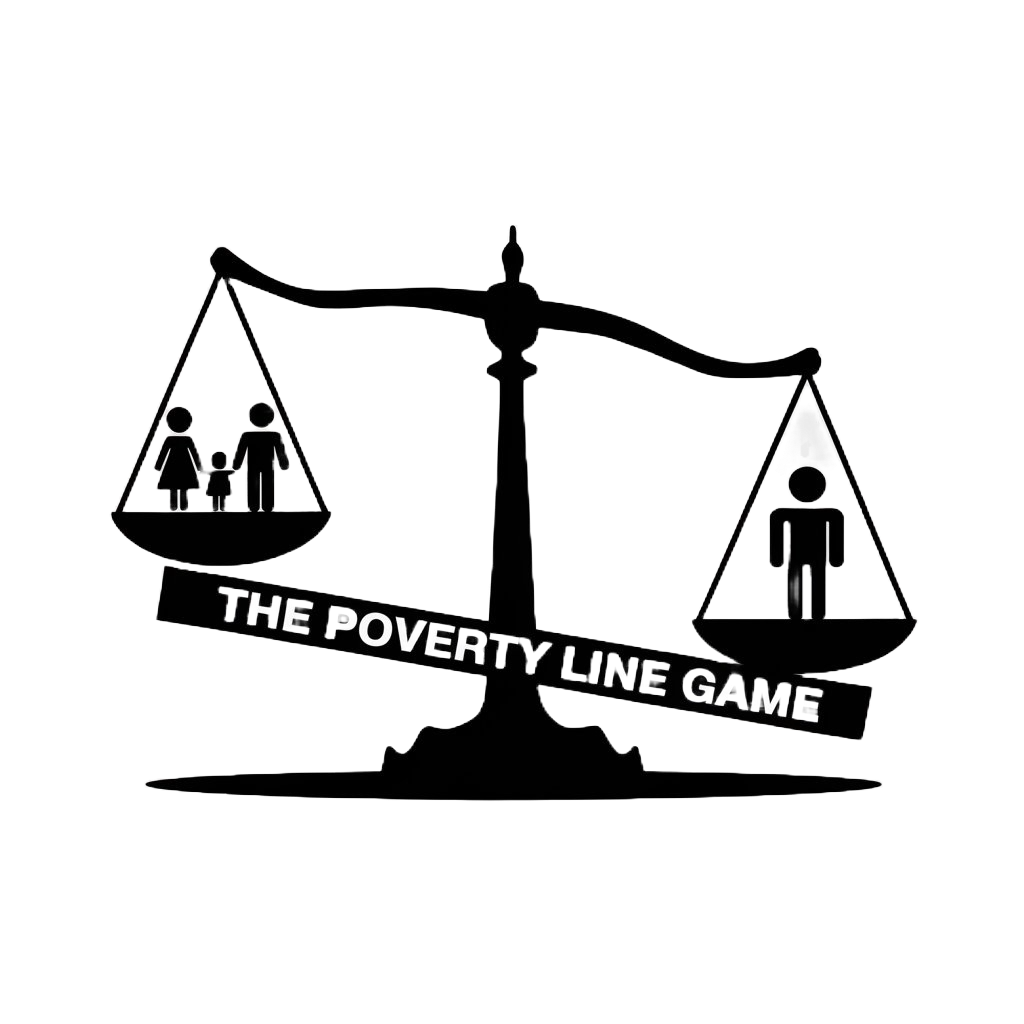
The Poverty Line
Purpose of Poverty Measures
Identify Who is Poor
Poverty measures help define what it means to be "poor" based on income, access to resources, or other living conditions.
Allocate Resources
By understanding poverty levels, governments and organizations can distribute resources like food assistance, healthcare, and housing aid to those who need it most.
Inform Policy Decisions
They provide data that informs decisions on social welfare policies, such as how much funding is needed for assistance programs.
Evaluate Program Effectiveness
Poverty measures help track changes over time, allowing policymakers to see if their interventions reduce poverty.